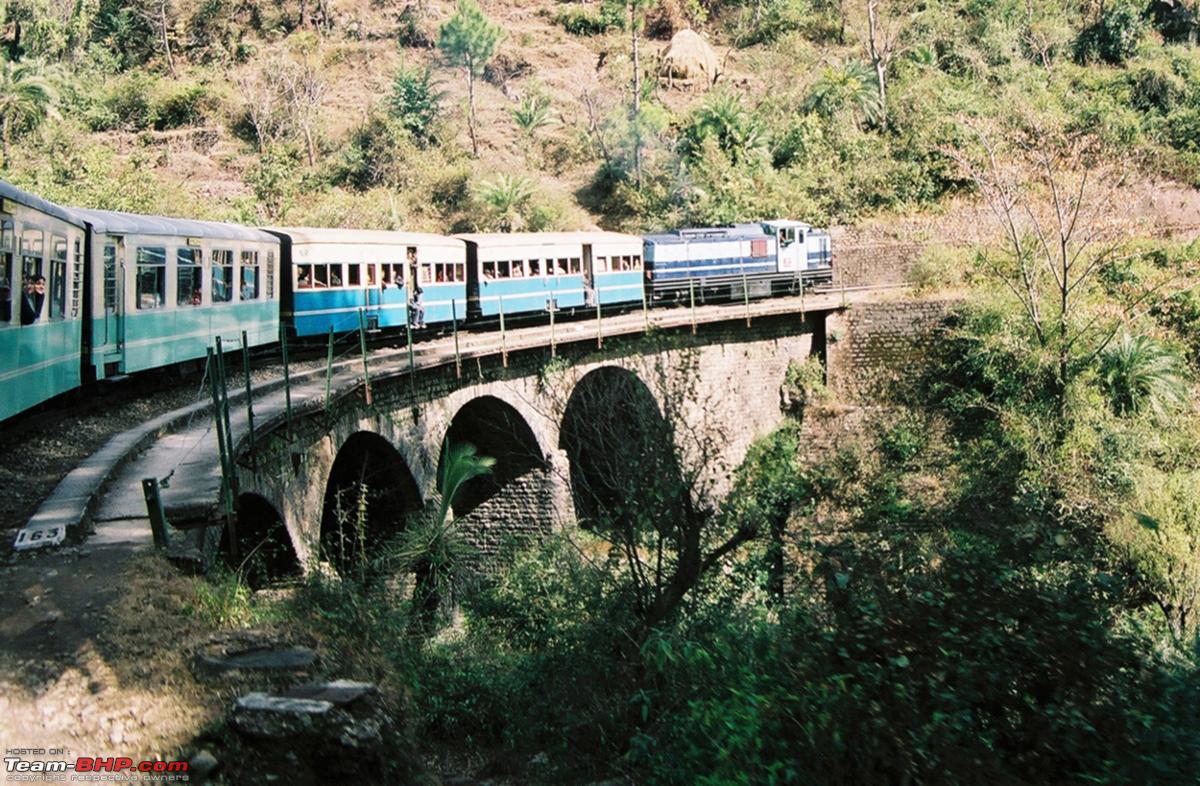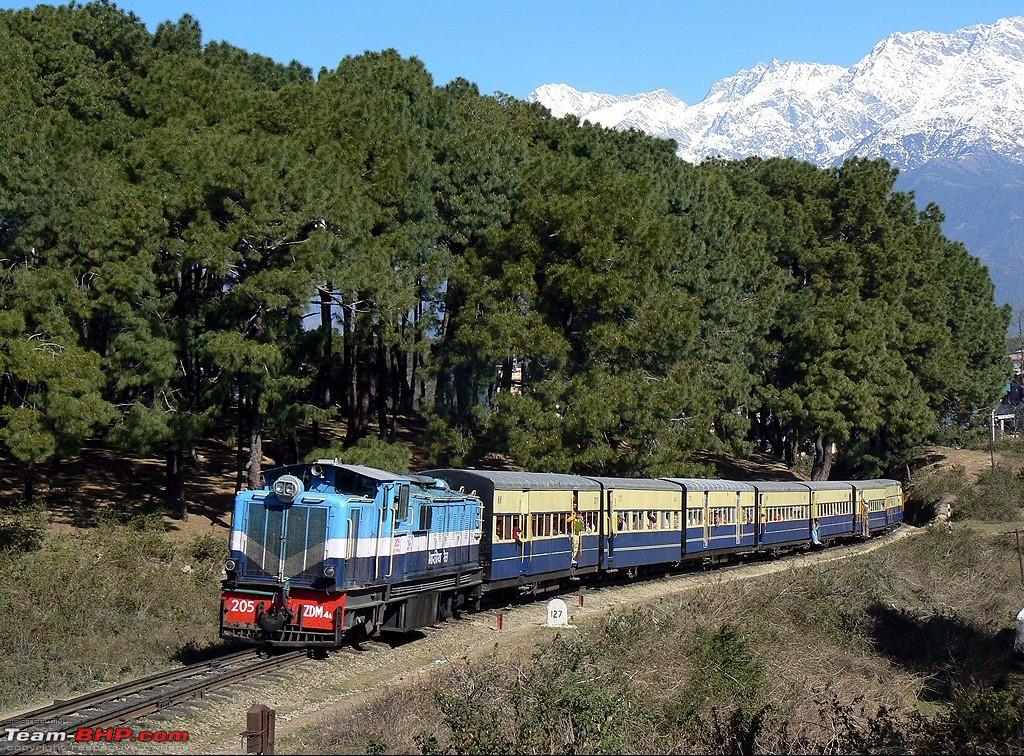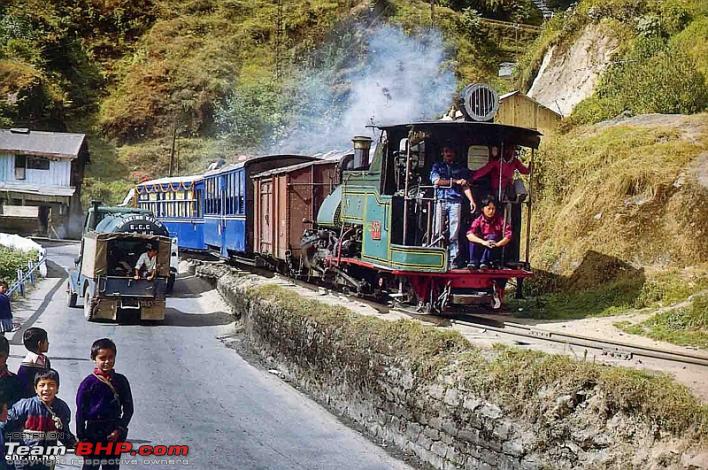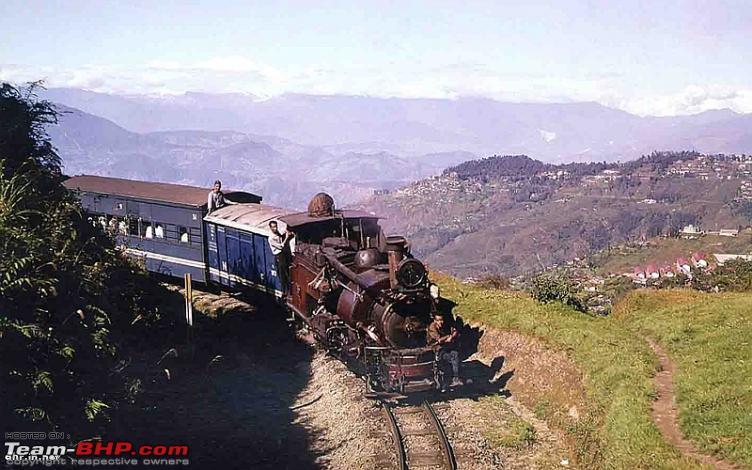History, routes & features: Top 5 heritage & toy trains in India
The Matheran Hill Railway was built in the period 1901-07. Uses a diesel engine and runs between the town of Neral and the hill station of Matheran
BHPian Aditya recently shared this with other enthusiasts.
India has one of the largest railway networks in the world. It’s beaten to the top spot by just a handful of countries. Over the years, we have seen modern trains that run at high speeds and carry you to your destination with a great level of comfort.
However, these new, air-conditioned trains do not give you the same experience of taking in the natural beauty of the surroundings as some of the older trains do. Certain routes go through dense forests, mountains and valleys which are very picturesque and best enjoyed at a slow pace. Here’s where India’s heritage and toy trains come into the picture. Most of these are found in hilly tourist destinations all over the country. These trains offer an exciting experience and create memories for everyone – young and old.
Here’s a list of five heritage and toy trains in India.
Matheran Hill Railway, Maharashtra
The Matheran Hill Railway was built in the period 1901-07. This train uses a diesel engine and runs between the town of Neral and the hill station of Matheran – a distance of ~21 km. It is administered by Central Railway and runs on a 610 mm narrow-gauge. The railway line and the road to Matheran cross twice. It takes about two hours and 20 minutes to complete the journey.
The journey gives you some breathtaking views of the Sahyadri mountains (Western Ghats) while it goes through forests and cliffs with ascents and descents. It has 5 stations.
Images: Source 1, source 2
Kalka-Shimla Train, Himachal Pradesh
This railway line was built between 1898 and 1903. As the name suggests, the train operates between Kalka (Haryana) and Shimla (Himachal Pradesh) covering a distance of ~96 km on a 762 mm narrow-gauge. The journey takes about 5 hours and 30 minutes and goes through 103 tunnels and 864 bridges. It passes through the Himalayas climbing from 656 m to 2,075 m offering stunning views.
The Kalka-Shimla Train is operated by Northern Railways and is listed as a UNESCO World Heritage Site. It has 18 stations.
Images: Source 1, source 2
Nilgiri Mountain Railway, Tamil Nadu
The Nilgiri Mountain Railway took 45 years to build. It was ready for use in 1903. It runs in the state of Tamil Nadu from Mettupalaiyam to Udhagamandalam. Mettupalaiyam is at the foothills of the Nilgiri mountains with an elevation of ~330 m, while Udhagamandalam which is on the plateau at an elevation of ~2,200 m.
It uses a 1,000 mm meter gauge and the line is ~46 km long with a maximum gradient of 8.33% which is claimed to be the steepest in Asia. The train crosses 250 bridges and 16 tunnels on the way passing through dense forests, rocky terrain, and hilltops.
The Nilgiri Mountain Railway is operated by Southern Railways and is listed as a UNESCO World Heritage Site. It has 13 stations.
Images: Source 1, source 2, source 3
Kangra Valley Railway, Himachal Pradesh
The Kangra Valley Railway runs between Pathankot in Punjab to Jogindernagar in Himachal Pradesh through the sub-Himalayan region of Kangra Valley. It was built between 1888 and 1974 with the first section was opened to the public in 1929. It runs on a 762 mm narrow-gauge and is 164 km long. This makes it the longest narrow-gauge railway line in India. It goes over more than 950 bridges through 2 tunnels.
This train is operated by Northern Railway. It offers a great view of the Dhauladhar mountain range and runs along streams and through tea gardens.
The Kangra Valley Railway has 33 stations. The highest station on this line is Ahju station which is situated at an elevation of 1,290 m.
Images: Source 1, source 2
Darjeeling Himalayan Railway, West Bengal
To end the list, we have what is probably the most popular and iconic train in the country. The Darjeeling Himalayan Railway runs between New Jalpaiguri and Darjeeling in the state of West Bengal. It was built between 1879 and 1881 and runs between New Jalpaiguri which is at an elevation of ~100 m and Darjeeling which is located at an elevation of ~2,200 m. It travels through six zigzag routes and five big loops to reach higher elevations. Among the most more significant stations is Ghum, which is situated at an altitude of 2,258 m. It is India’s highest railway station.
The train passes through the mountains, you can see snow-clap mountains and get a view of Kanchenjunga – the third-highest mountain in the world.
The Darjeeling Himalayan Railway uses a 610 mm gauge and covers a distance of ~84 km. It is operated by Northeast Frontier Railway and has been declared a World Heritage Site by UNESCO. It has 17 stations.
Images: Source
Matheran’s proximity to Mumbai (where I stay) has given me a few opportunities to experience the Matheran train, but I haven’t had a ride in any of the others. How many of these trains have you travelled on?
Check out BHPian comments for more insights and information.
Source: Read Full Article
















